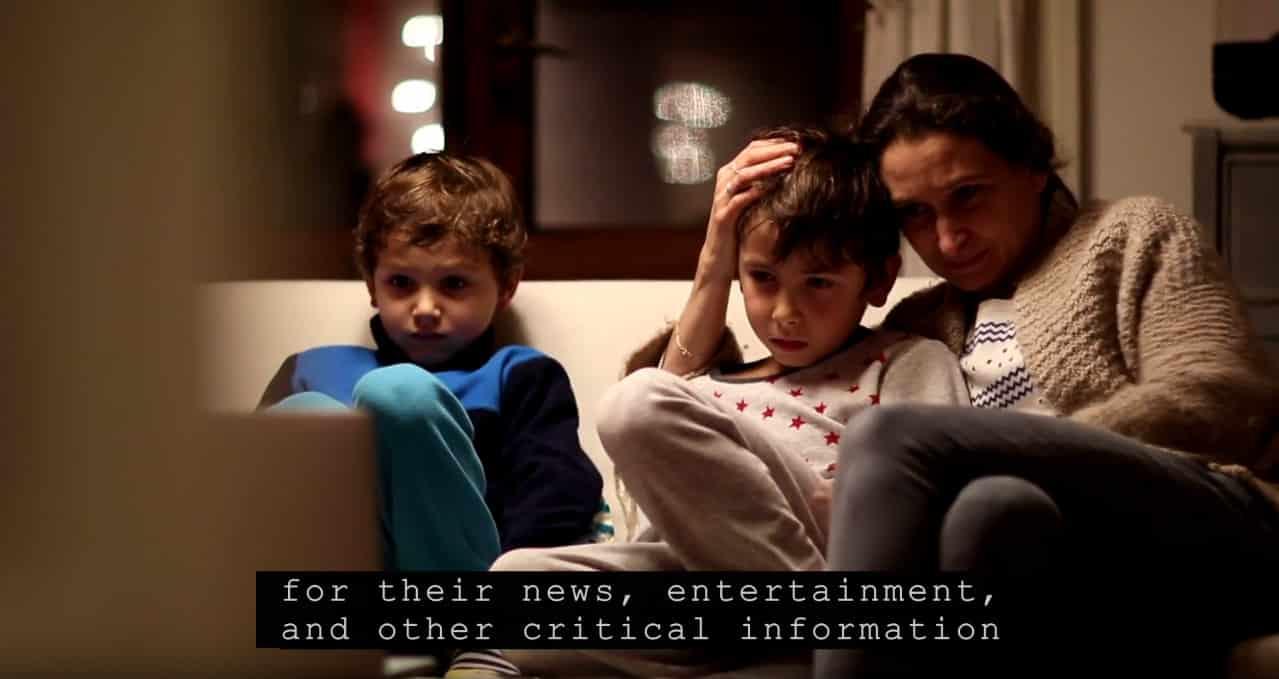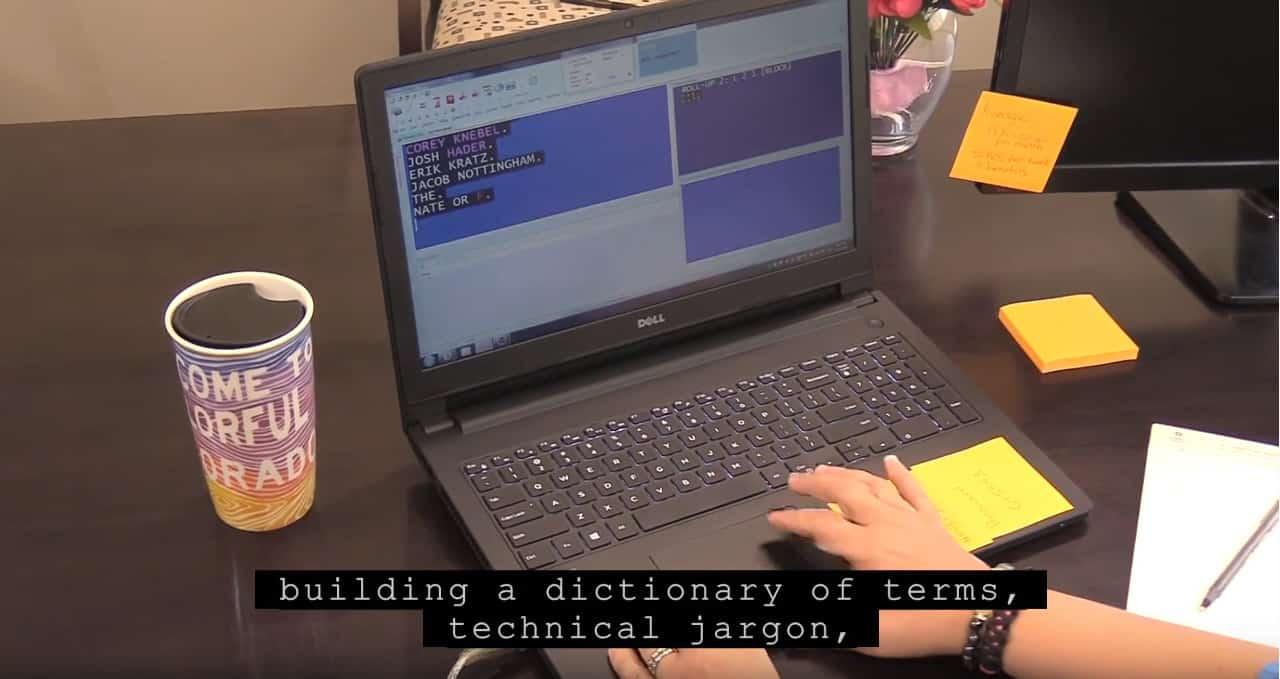Profanity Monitoring
Federal law prohibits “obscene, indecent, and profane content” from being broadcast on radio or television. The definition of profanity varies from person to person and network to network, but one of the benefits of working with us is that we’ll always serve as a double-check to ensure your program makes it to air with only the audio you meant to include. In the case of profanity, our eagle-eared captioners have caught many obscene words that passed by editors rushing to meet a deadline. Furthermore, we back up our human checks with the industry-exclusive Lexical Scanner.

Captioner Preparation Is Step One
We train all VITAC offline captioners to caption from VITAC’s “Offline Captioning Style Guide.” This ensures that no matter who is captioning a given program, the appearance of the captions is standardized to make it easier for the viewer to read and enjoy. In addition, we create treatment sheets for each series, which list common character names, places, and terms, and continually update the sheets with new entries by staff. These digital files ensure that all staff members have access to consistent references, spellings, and stylistic formats for all programs.
Our treatment sheets also include lists of words approved and not approved by each individual client. Captioners flag objectionable and potentially offensive words in caption files. All flags are reviewed by supervisors and, if deemed actionable, forwarded to the client. The client then either approves the caption or edits the video, bleeping or removing the offensive language.
Our Lexical Scanner Is the Finishing Touch
Our proprietary Lexical Scanner is designed to identify profanity and offensive words in offline caption text that may have been missed by the captioner. The software can be customized by client or program, with reports generated to trigger action without sacrificing quick turnaround.
The platform includes a prepopulated and editable list of objectionable and potentially offensive words, with most containing variations (such as pluralized profanities, words in different tenses, and multi-word profanities). Based on your requirements, we notify you immediately and allow for resubmission of an edited video before final caption delivery.

We Give You the Time of Day
Have you noticed words bleeped in primetime are sometimes allowed on late-night repeats of the same program? We have, and we are experts at ensuring our customers receive caption files that match program audio. Our traffic team regularly delivers multiple versions of the same show, named according to customer specifications, to ensure viewers aren’t shocked when profanity appears in captions without corresponding audio.

A Word About Censoring Profanity
The Federal Communications Commission’s rules about profanity are different for broadcast and cable networks. In addition, most streaming platforms allow for a wide variety of what some may consider obscene.
Captioning is meant to match the spoken word. If we hear it, we will caption it. If a customer tells us to leave it, we leave it. It is not our desire or intention to censor captions for the caption-viewing audience. Rather, it is our goal to aid content providers in ensuring their content is presented as designed.
Live programming can be tricky. Live captioning is performed on the fly, as it’s written, with milliseconds passing between the time a word is spoken and turned into captions. Because of this, live captioning is more likely to leave out questionable terms. Should the captioner pause long enough to determine if she heard profanity or a more mundane word, whole sentences might pass by.
In order to avoid accidentally profane captions, we make it very hard to send profanity over the air in a live environment. This is again where our human element comes in handy. If you’re producing a live comedy special and expect the host to spew sensitive words, tell us in advance. We’ll prepare our captioner and those words will be easier to caption. Again, it is never our intention to censor captions.